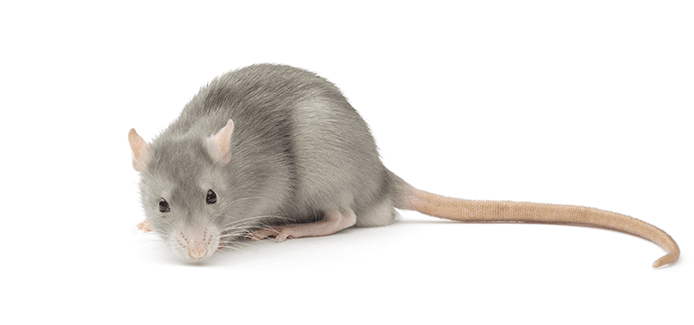John Watson (1878-1958) was an American psychologist whose behaviorist theory focused not on the internal emotional and psychological conditions of people, but rather on their external and outward behaviors. He believed that a person’s physical responses provided insight into internal actions. He spent much of his career applying his theories to the study of child development and early learning.
Watson conducted several experiments exploring emotional learning in children. One of his most famous experiments was conducted in 1920: The Little Albert experiment, which explored classical conditioning using a 9 month old baby boy.
The Little Albert experiment demonstrated that classical conditioning (the association of a particular stimulus or behavior with an unrelated stimulus or behavior) works in human beings. John Watson set out to prove that classical conditioning plays a central role in the development of fears and associations through his experiment, where he conditioned a 9 month old baby to be afraid of a rat, despite being unafraid prior to the experiment.
The Experiment
Albert was a 9 month old baby who was not previously afraid of rats. When the experiment began, John Watson placed a rat on the table in front of Albert and he had no reaction. Watson then began to make loud noises on several separate occasions while showing Albert the rat. Albert began to cry in reaction to the noise. After a period of conditioning, he cried in response to the rat, even without the loud noise. This is an example of classical condition.
Ethical Consideration
Watson had originally planned to decondition Albert out of his fear of rats, in order to demonstrate that conditioned fears could be eliminated. Albert was removed from the experiment by his mother prior to this happening, which means that the experiment left a child with a fear that he did not previously had. Today, this would be considered widely unethical.
References
American Psychological Association. APA concise dictionary of psychology. Washington, DC: American Psychological Association, 2009. Print.
Cherry, K. (n.d.). The little Albert experiment. About.com Psychology. Retrieved from http://psychology.about.com/od/classicpsychologystudies/a/little-albert-experiment.htm
